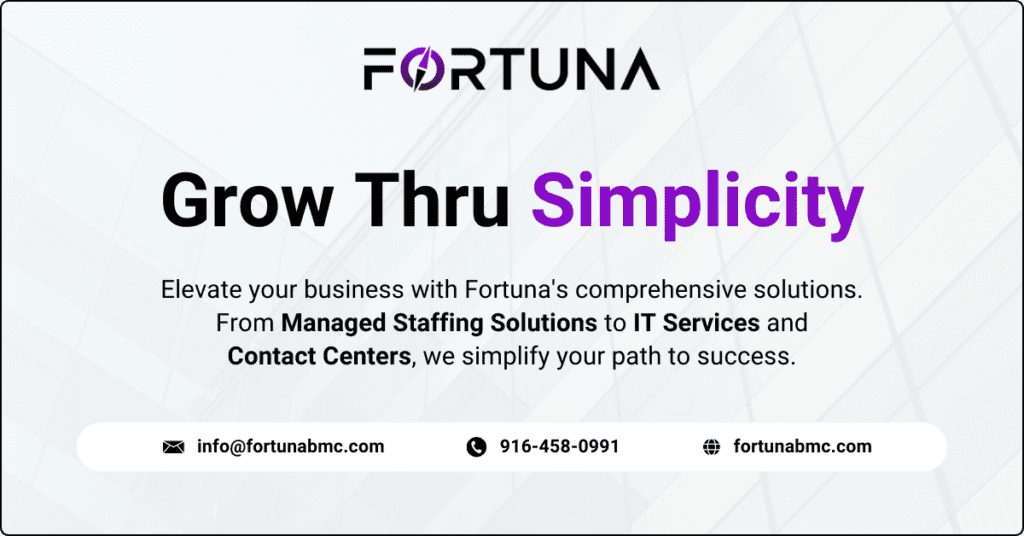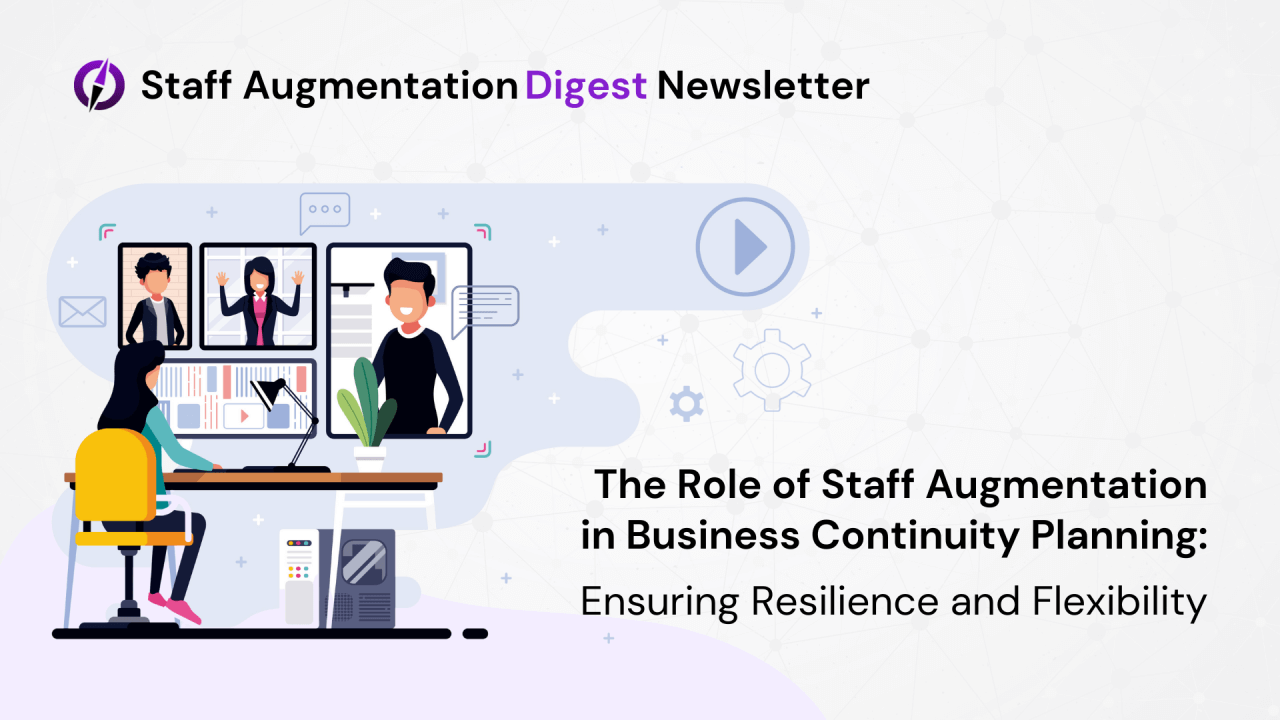Today, we’re delving into an important topic that resonates with both employers and employees: the impact of staff augmentation on employee morale and retention. As businesses navigate the evolving landscape of talent management, maintaining high employee morale and retention rates is crucial for organizational success. Join us as we explore how strategic staff augmentation practices can influence employee morale, satisfaction, and retention, ultimately shaping the culture and longevity of an organization.
Employee morale and retention are key indicators of organizational health and success. High morale contributes to a positive work environment, increased productivity, and enhanced employee engagement, while low morale can lead to disengagement, decreased productivity, and high turnover rates. Retaining top talent is equally important, as turnover incurs significant costs and disrupts workflow continuity. By understanding the factors that influence morale and retention, businesses can implement effective strategies to foster a supportive and rewarding work environment.

Let’s explore how staff augmentation can impact employee morale and retention:
- Enhanced Flexibility and Agility: Staff augmentation offers businesses the flexibility to scale their workforce up or down as needed, ensuring optimal resource allocation and workload distribution. This flexibility enables employees to adapt to changing project demands and workloads more seamlessly, reducing stress and improving work-life balance. Employees appreciate the ability to collaborate with augmented staff during peak periods without feeling overwhelmed by excessive workloads.
- Access to Specialized Expertise: Staff augmentation provides employees with access to specialized expertise and resources that may not be available internally. Collaborating with augmented staff allows employees to learn from experts in their field, expand their skill sets, and tackle complex projects more effectively. This exposure to new ideas and perspectives enhances job satisfaction and professional growth, contributing to higher morale and retention rates.
- Support for Career Development: Staff augmentation can support employee career development by offering opportunities for project-based work, skill enhancement, and career advancement. Employees may have the chance to work on diverse projects, gain exposure to different industries, and expand their professional networks through collaborations with augmented staff. This variety in work experiences fosters a sense of fulfillment and purpose, increasing employee satisfaction and retention.
- Mitigation of Burnout: Staff augmentation helps mitigate burnout by alleviating excessive workloads and providing additional support during peak periods. By strategically augmenting teams with external talent, businesses can prevent employee burnout, maintain productivity levels, and preserve employee morale. Employees feel valued and supported knowing that their workload is manageable and that additional resources are available when needed.



